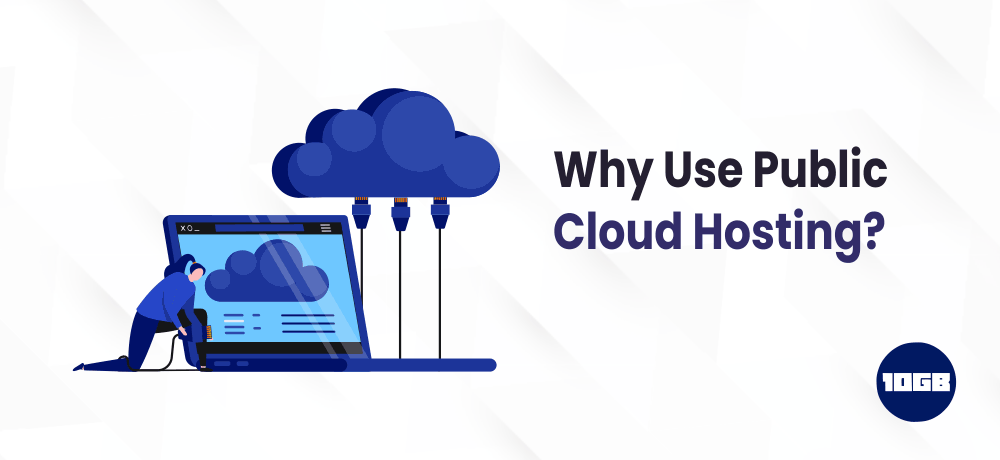When you are searching for the ideal hosting solution for your business, you will observe several people suggest opting for public cloud hosting and another widely popular shared hosting.
It’s crucial to know what is public cloud hosting and what is shared hosting:
What is Shared Hosting?
Shared Hosting is a type of hosting wherein the physical resources (CPU, bandwidth, storage) are shared between the websites on the same server. This can result in a nosy neighbor issue.
What is Public cloud hosting?
This kind of hosting creates virtualized hosting through the resources of physical server pools. Hence, there won’t be any nosy neighbor issue.
Suggested For Further Reading:
- What is Hybrid Cloud? and Benefits of Hybrid Cloud
- Cloud Computing vs Virtualization: Things We Need to Know
Table of Contents
Benefits of Public Cloud Hosting
Below we have listed few benefits of hosting on the public cloud:
Affordability
If you opt for a public cloud plan, most of the hosting providers will only charge you just for the resource you utilized. This implies that several hosting providers follow pay as you go system.
Scalability
Public cloud offers on-demand scaling that allows you to scale the resources as per the needs of the website.
Capacity
Public cloud hosting offers you the opportunity to utilize as much processing power as you require.
Flexibility
Several services like IaaS, PaaS, and SaaS on the market are based on the public cloud model and ready to be accessed through an internet-enabled device.
Reliability
As you are using network of servers, you won’t face any downtime.
Also read: What is Network Redundancy and Why Is it Important?
Use Cases of Public Cloud
Below are some of the common use cases of public cloud:
Websites With Frequent Spikes in Traffic
As public clouds can easily adapt to the client’s needs, they are ideal for websites that observe traffic surges during peak season or due to digital advertising, promotions.
By utilizing a public cloud, such sites can remarkably minimize expenses and can handle traffic surges simultaneously.
Small eCommerce Portals
A public cloud can offer all the essential reliability to small-scale clients while offering a more effective solution than renting a dedicated server.
Non-Technical Teams
While you are planning the server infrastructure for your business, you need to make several crucial decisions regarding the resource like CPU, storage, RAM, backup, and bandwidth. If you don’t have a technical team then the best option is to choose a public cloud solution that can serve you and manage technical things for you.
Disadvantages of Public Cloud Hosting
Having said that, let’s take a look at the disadvantages of public cloud hosting:
HIPAA Compliance
HIPAA Compliance is one of the biggest reasons why businesses or organizations go for other hosting options. Generally, public clouds are secure. However, for few companies, particularly those that are regulated by HIPAA or other security measures, having its data spread out on public cloud servers isn’t acceptable.
Control
With public cloud hosting, though you may receive near to an unlimited amount of resources, you won’t get the control as you would get in the dedicated server.
Less Customization
A dedicated server will provide you more room for customization and can foster your unique software needs as most public clouds run on standard setups.
As a business, if you are looking for an additional in-depth and configurable server environment then virtualization is the ideal option. While we talk about hosting, if you need full root access to all the resources then Virtual Private Server (VPS) Hosting is the most fitting option for you.
Moreover, you can look for our Dedicated Server UK plans which are crafted for optimal performance of your website.
